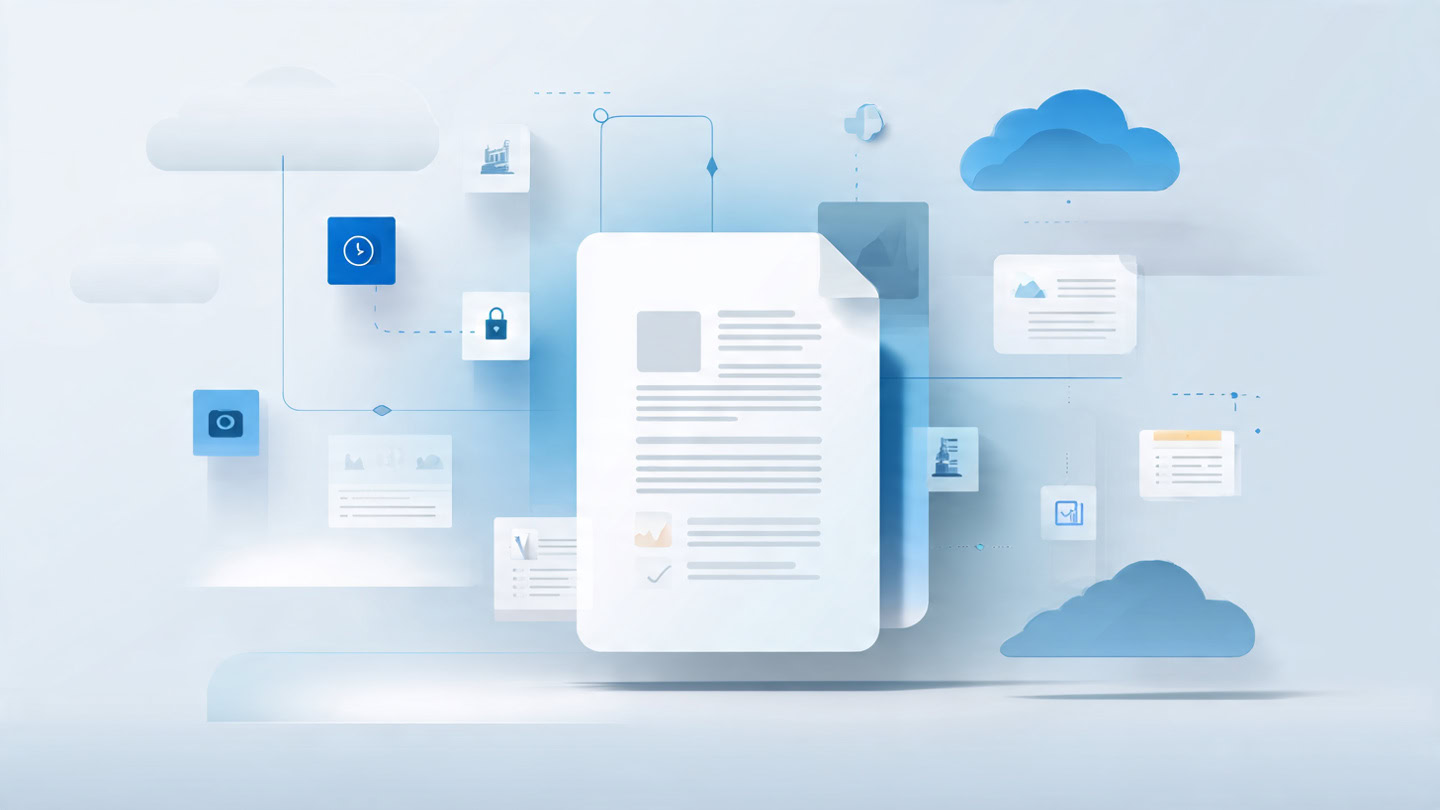Open access to law in developing countries
by Daniel Poulin
Securing a widespread and, whenever possible, free, access to legal information has become important everywhere. Open access has higher stakes in developing countries where access to law is often difficult. In this particular context, free access to statutes and case law could significantly contribute to a better establishment of the rule of law and an overall consolidation of national legal institutions.
Never before have better conditions existed for a wider circulation of law. The Internet and related technologies have dramatically revolutionized the possibilities of cheaply providing high–quality, low–cost access to national legal documentation. In this article, elements of a strategy aimed at developing open access to law in developing countries are put forth.
The modernization and reform of the law and legal systems found in developing countries constitute a vast field of study. These issues are addressed here in a limited manner, since only the issues involving the circulation of legal documentation, namely their publication, will be brought forth. More specifically, the emphasis will be placed on ensuring free and public access to the law to make it available for the citizens, legal institutions, and businesses of a nation. Nonetheless, despite the seemingly narrow focus, this outline is hardly insignificant.
Acccording to an often quoted adage, ignorance of the law excuses no one. Consequently, access to law, namely to the texts in which it is contained, becomes an essential component to any modern legal system. The possibility of immediately knowing appliable laws simultaneously constitutes one of the basic tenets of a state governed by the rule of law and is an essential element of legal security. With regards to case law in particular, further reasons lie behind the motivation to its widespread distribution. More specifically, the accessibility of decisions greatly contributes to the transparency and the openness essential to the sound functioning of the judicial system. In fact, the possibility of identifying who has been judged, by whom, and according to which laws contributes to ensuring the integrity of any judicial institution.
In economically advanced countries, the advent of new information technology has indeed facilitated such accessibility to law. In this article, such access will be referred to as open access to law — the free and open access to State–produced statutory material and courts’ judgements. In France, Canada, and Australia, basic legal texts are now freely accessible to anyone via the Internet. Such open access to law, however, has not yet been implemented in the vast majority of developing countries, where sometimes even accessing basic legislative texts is difficult. Greater obstacles are also frequently encountered when consulting judicial decisions. Such situations are not without consequence as they undoubtedly undermine the rule of law.









